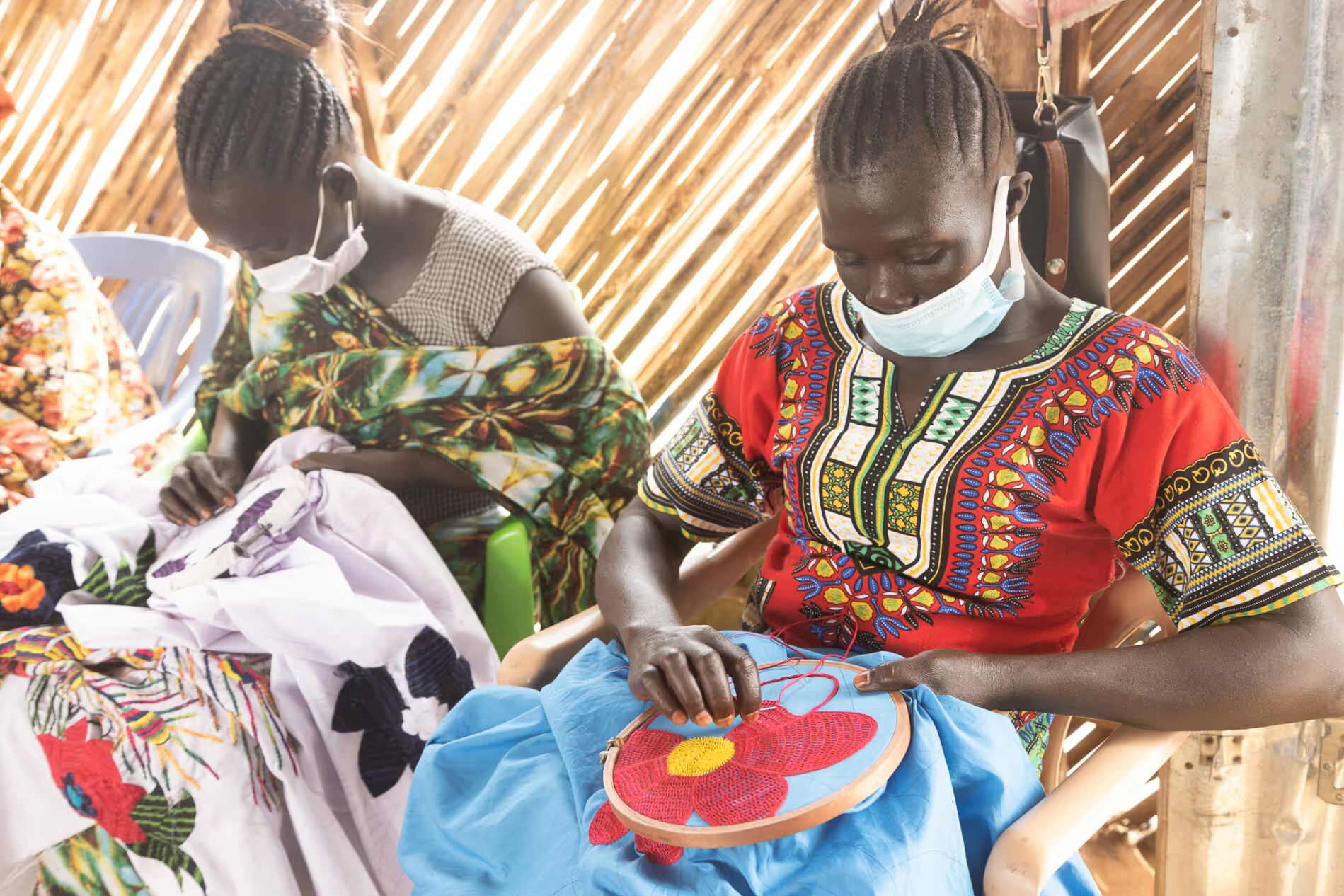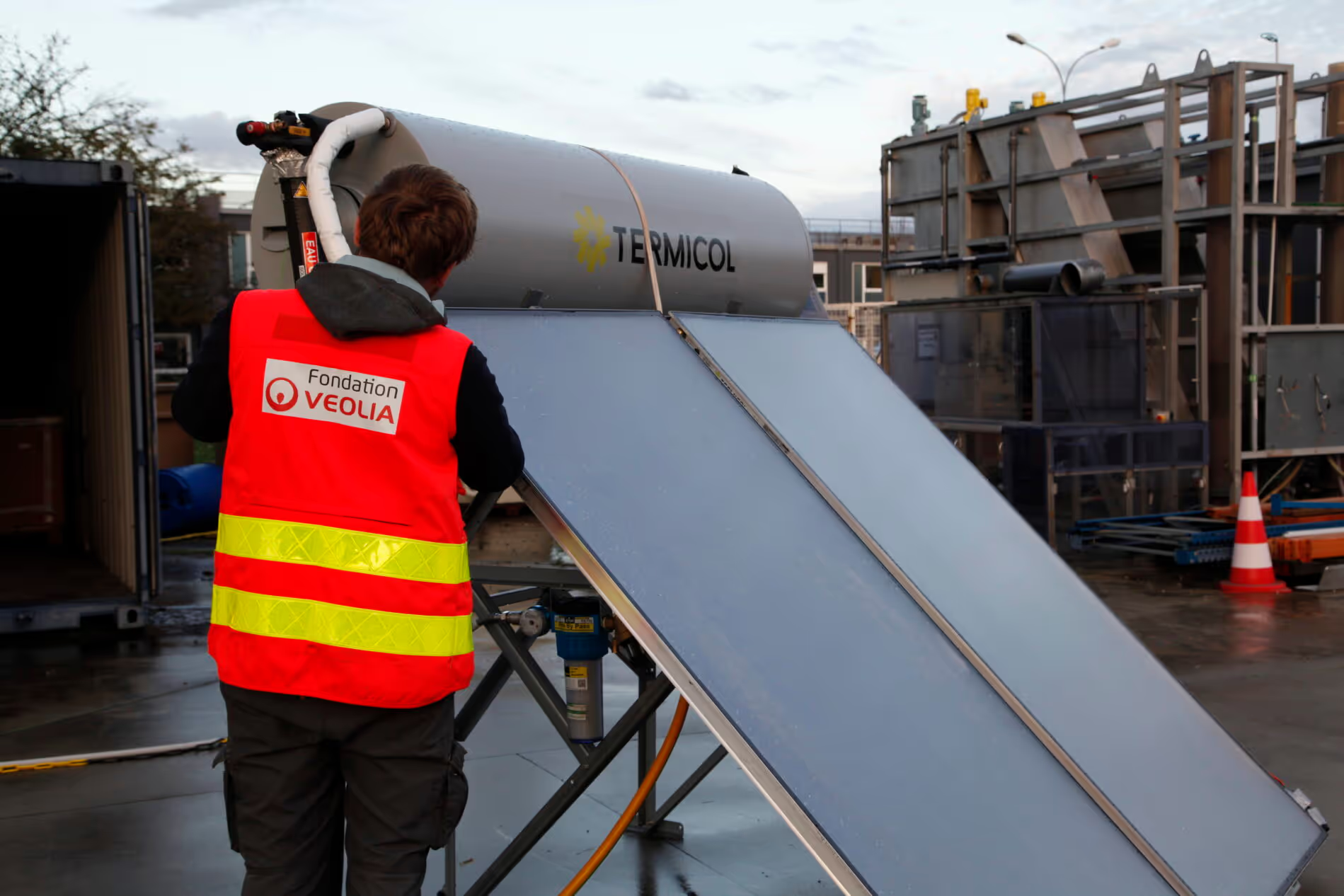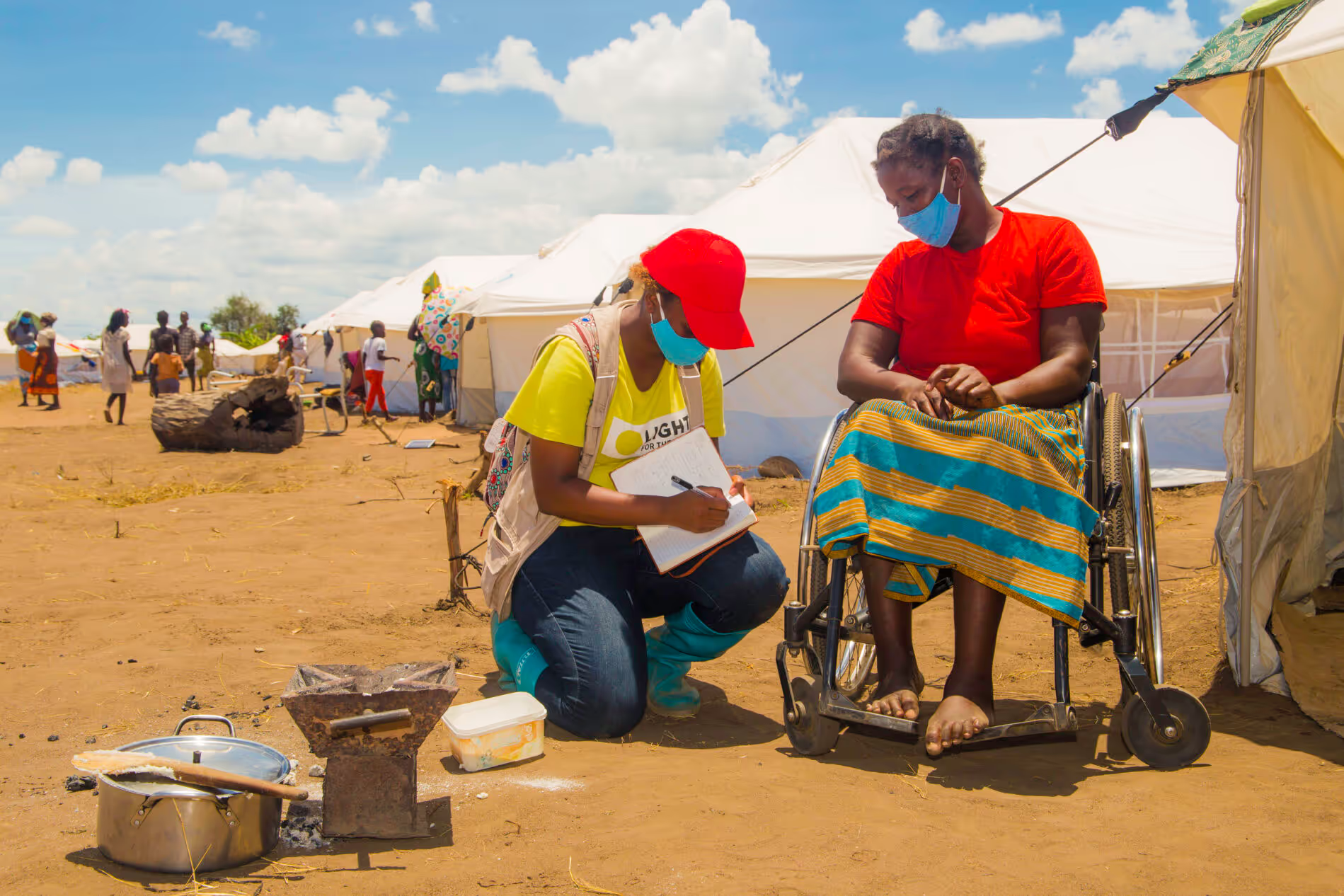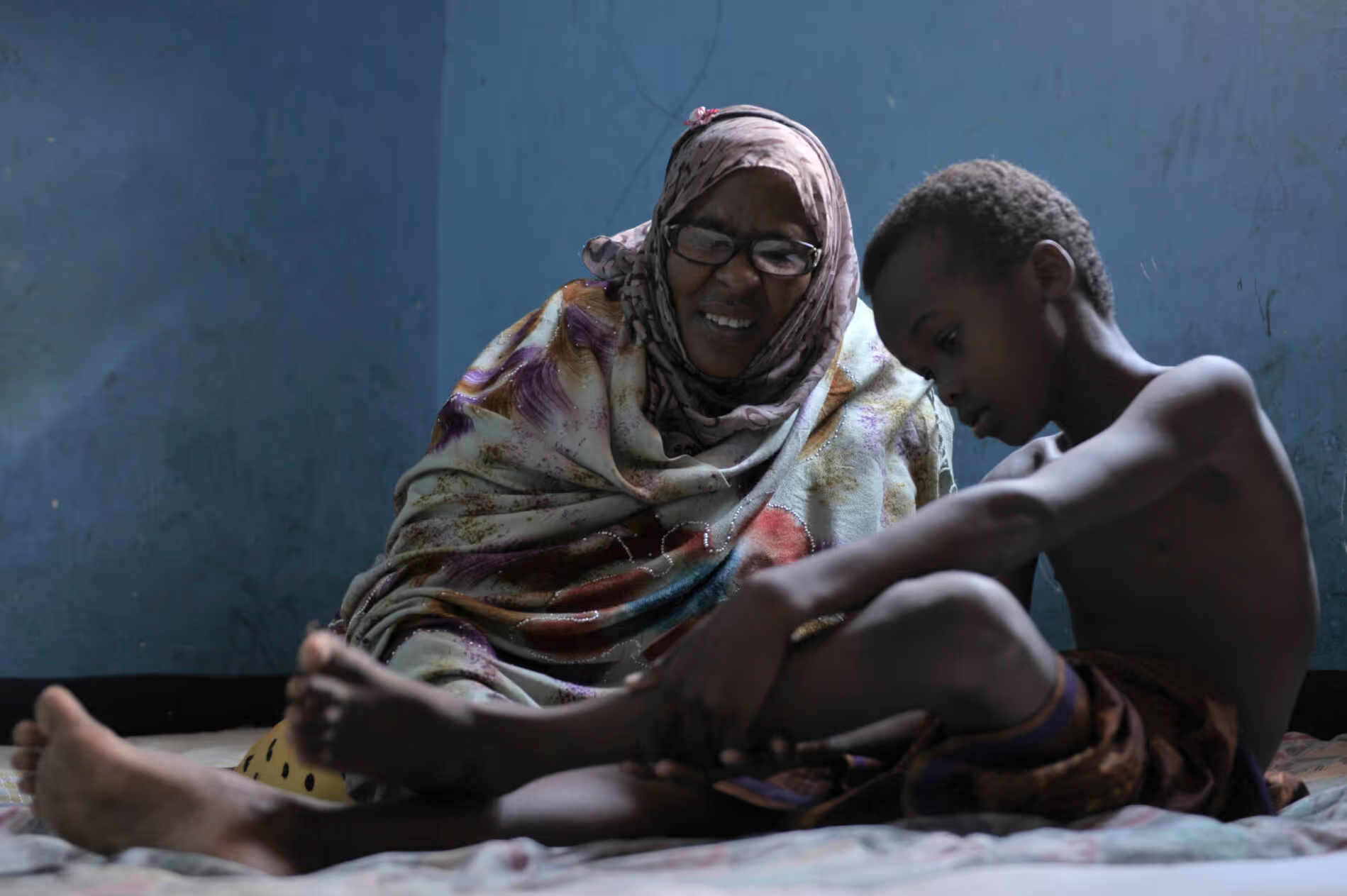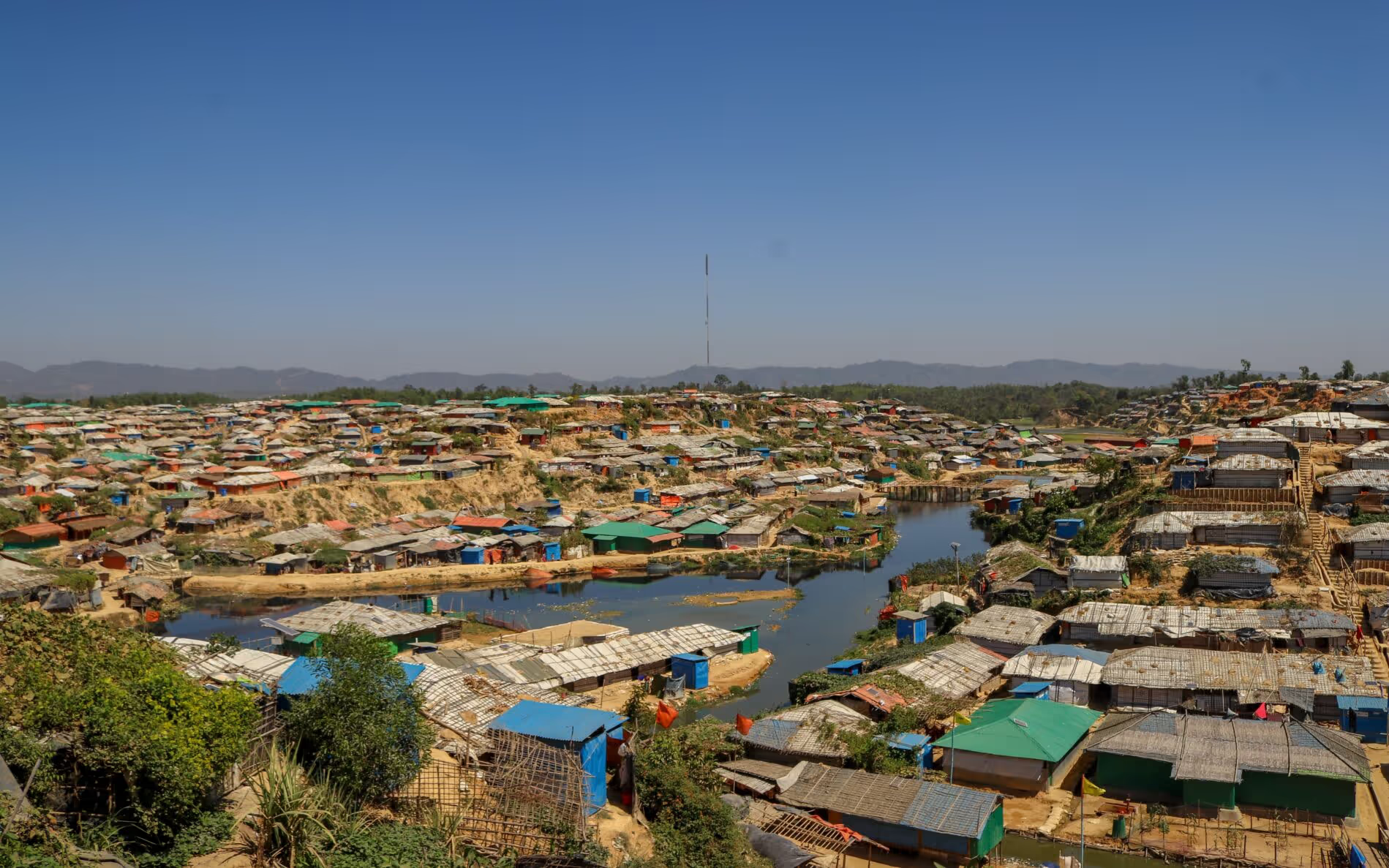Household Water Treatment System Chlorine Doser
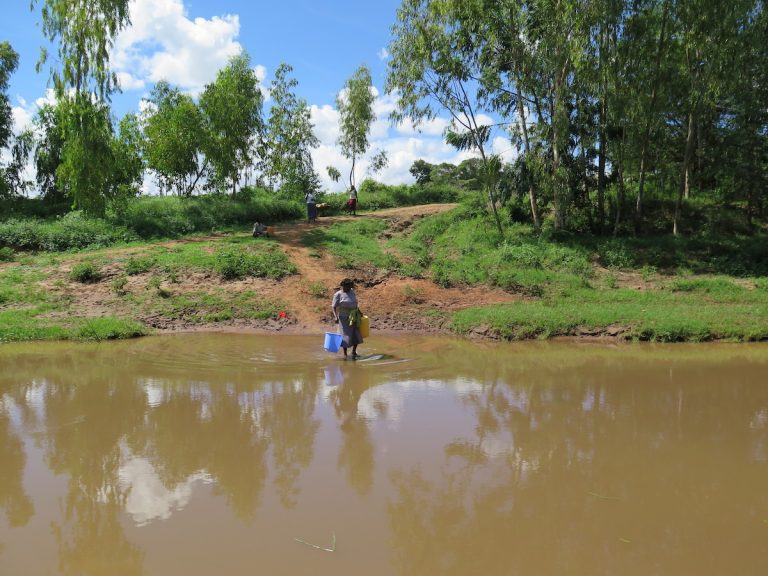
Project overview
MSR Global Health is developing a low cost single-pass household water treatment system (HWTS) incorporating a hardy, fast-flowing, cleanable ceramic membrane and large capacity treatment media to achieve reduction of protozoa, bacteria, and virus while providing residual protection.
Project solution
This project offers [specific solution or intervention] to tackle [challenge]. By implementing [strategies, tools, or innovations], the project aims to achieve [desired outcomes]. The approach is designed to [specific actions or methods] to bring about meaningful change in [community, region, or issue area].
Expected outcomes
This project aims to achieve [specific outcomes], such as [measurable results, improvements, or changes]. The expected impact includes [benefits to the target community, advancements in research or innovation, or long-term effects]. By the end of the project, we anticipate [specific changes or milestones] that will contribute to [broader goals or objectives].
What is the humanitarian need?
Diarrheal disease is still the second leading cause of death in children under five, killing 525,000 each year. Globally there are more than 1.7 billion cases of childhood diarrheal annually (WHO). A significant portion of these can be prevented through safe-drinking water however, access to safe drinking water continues to be limited. Often, available treatment options are not effective against all causative agents, too expensive, too low capacity, or not suitable for all environments. For this reason, there is a need to improve on HWTS options.
What is the innovative solution?
The successful development would provide a complete drinking water treatment system for end users at a household scale. The design is intuitive and simple, removing challenges associated with training, language barriers, and improper use/set-up. With technology capable of addressing helminths, protozoa, bacteria, and virus, it will have a significant impact on diarrheal disease from any water source. A household purifier capable of treating up to 10,000 L of drinking water without any resupply will also reduce burdens on both end users and humanitarian agencies. In addition to this, the disinfection cartridge will add a small residual to protect against recontamination.
What are the expected outcomes?
Upon completion of this project, it is anticipated that multiple iterations of the design will have been completed, tested, and reviewed from perspectives of both end users and manufacturing engineers. At each stage of iteration, the design will be evaluated against the key performance indicators of cost, usability, performance, and manufacturability. This will position the HWTS device in a beta stage of development, which would allow MSR Global Health to pursue additional funding for larger scale field-testing, and user evaluations before beginning initial production. Any learnings from this effort will be shared with the greater community to further aid in progress towards bringing sustainable access to safe drinking water to the world.
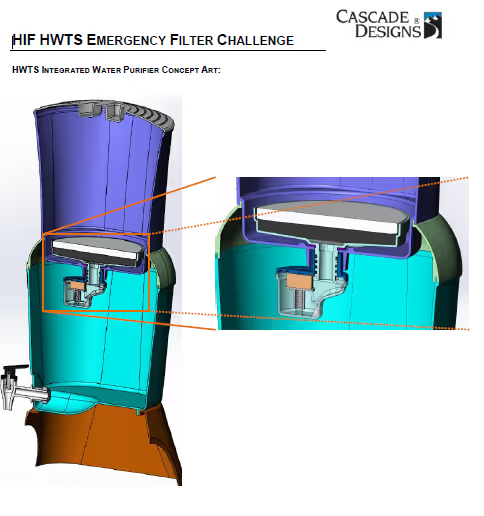
Project delivery & updates
Stay up to date with the latest developments from this project. Here, you will find details on what has been delivered, resources created, and regular updates as the project progresses. Access key documents, reports, and other materials to see how the project is making an impact.



